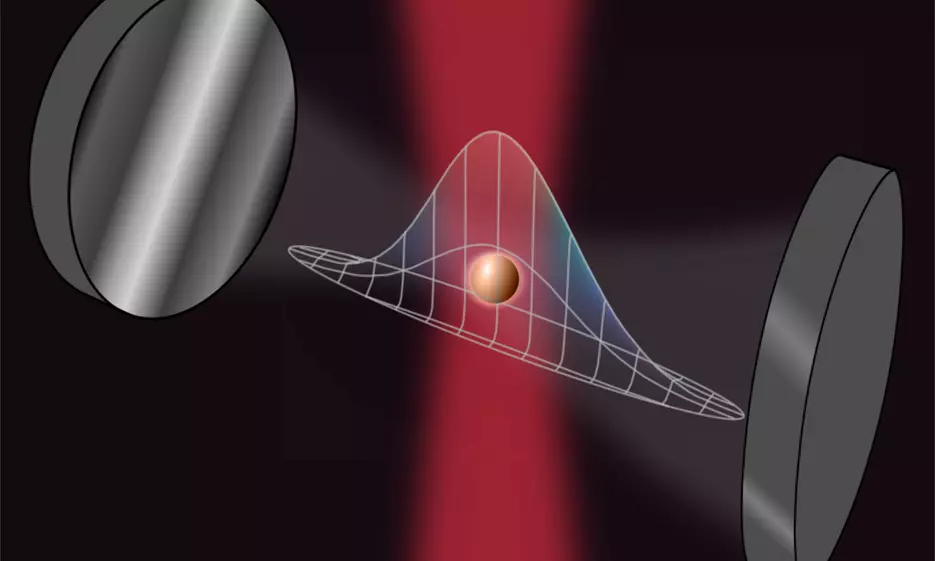Researchers are now demonstrating how nanoparticles in tiny optical resonators can be transferred into quantum regime and used as high-precision sensors.
The team has proposed a new concept for a high-precision quantum sensor. The researchers suggest that the motional fluctuations of a nanoparticle trapped in a microscopic optical resonator could be reduced significantly below the zero-point motion, by exploiting the fast unstable dynamics of the system.
Mechanical quantum squeezing reduces the uncertainty of motional fluctuations below the zero-point motion, and it has been experimentally demonstrated in the past with micromechanical resonators in the quantum regime. In an optical resonator, light is reflected between mirrors and it interacts with the levitated nanoparticle. Such interaction can give rise to dynamical instabilities, which are often considered undesirable.
The work provides a new use of optical cavities as mechanical quantum squeezers, and it suggests a viable new route in levitated optomechanics beyond the quantum ground state cooling. Micro-resonators thus offer an interesting new platform for the design of quantum sensors, which could be used, for example, in satellite missions, self-driving cars, and in seismology.
The paper has been published in the journal Physical Review Letters.




